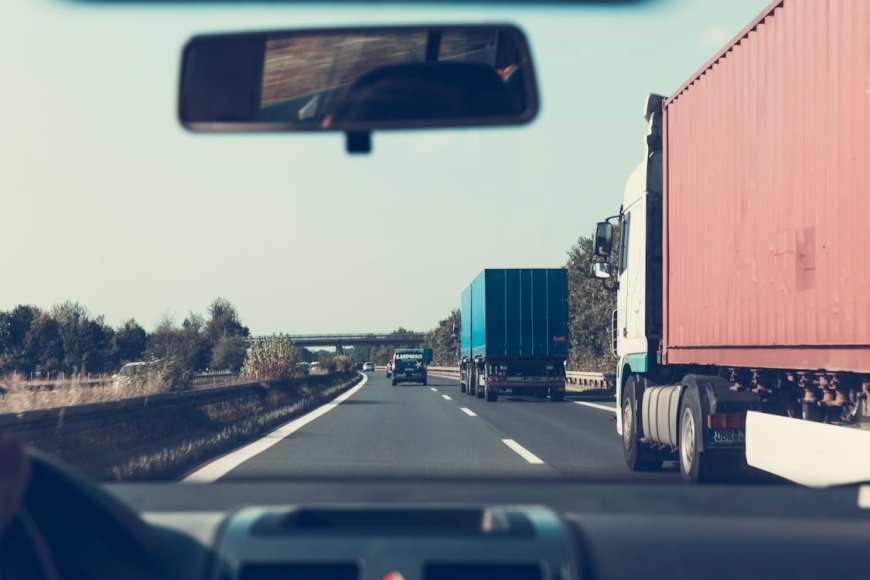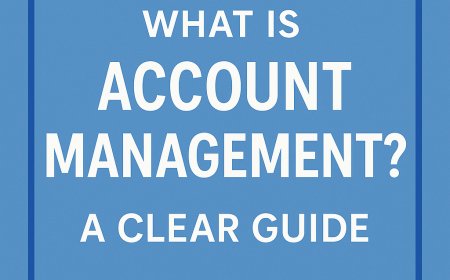Who’s Liable After a Texas 18-Wheeler Crash? Understanding the Complexities of Commercial Vehicle Accidents

It starts like any other drive, until a multi-ton truck misses a signal, loses control, or doesn’t stop in time. The result? A disaster. In Texas, 18-wheeler crashes are more than just high-impact; they’re high-stakes, and when it comes to who’s responsible, the answer isn’t always simple.
If you or someone you love has been injured in a crash with an 18-wheeler, knowing who may be liable can shape the outcome of your claim.
Why 18-Wheeler Accidents Are Different
These aren’t regular fender benders. A fully loaded 18-wheeler can weigh up to 80,000 pounds. When it crashes into a car, the injuries are usually severe, and the property damage is overwhelming, but there’s more.
These trucks are often operated by commercial drivers under strict federal and state regulations. That means more rules, more records, and more ways things can go wrong. It also means more people might be held responsible beyond the person behind the wheel.
Who Could Be Liable?
One of the biggest challenges in a trucking case is identifying all the parties who may share responsibility. It’s rarely just the driver.
Here are some of the most common:
The Truck Driver
Was the driver speeding, distracted, or under the influence? Did they violate driving hour rules? If so, their negligence could make them liable.
The Trucking Company
Was the driver properly hired and trained? Did the company encourage unsafe schedules or skip vehicle inspections? In many cases, the employer may share liability for what their driver did, or failed to do.
The Truck Owner
Some trucks are leased or owned by someone other than the driver or the company. If a mechanical failure played a role, the owner could be liable for poor maintenance.
Cargo Loaders
Improperly loaded cargo can cause a truck to tip, sway, or take longer to stop. If a third-party company loaded the truck, they could be at fault.
Parts Manufacturers
If a defective tire, brake, or steering system failed, the parts manufacturer might be responsible. These cases are more complex but not uncommon.
This web of liability is what makes guidance from truck accident attorneys in Houston so important. Pinpointing fault isn’t just about proving what happened and knowing where to look.
Why Liability Matters So Much
In any personal injury claim, the goal is fair compensation, but in trucking cases, that number can be significantly higher due to:
· Hospital bills
· Long-term therapy
· Lost wages
· Disability or permanent injury
· Pain and emotional trauma
The more parties involved, the more opportunities to pursue compensation. It also means trucking companies and insurers fight harder. They may send investigators to the crash site immediately, look for ways to shift blame, or offer quick settlements that don’t come close to covering real costs.
How Victims Can Protect Themselves
If you’ve been hurt in a commercial truck accident in Texas, your actions matter, especially in the first few days.
· Don’t sign anything from the trucking company or insurer without legal review
· Get medical care right away, even if you’re unsure how serious the injury is
· Start gathering documentation, i.e., photos, reports, medical records, work absences
· Avoid public comments about the crash, especially on social media
· Talk to a personal injury attorney in Houston who has handled truck-related cases
One of the most valuable tools for victims is education. That’s why Mike Massey Law, PLLC created From Crash to Cash: A Definitive Guide for Texas Truck Accident Victims—a free, easy-to-understand resource for navigating the process after an 18-wheeler wreck.
This guide walks you through what to expect from insurance adjusters, what mistakes to avoid, and how to protect your right to recover damages. It’s written by their truck accident attorneys with real people in mind, no legalese, no pressure.
Common Insurance Tactics to Watch Out For
Trucking companies don’t waste time. Their insurance carriers often contact victims within hours. They may appear concerned, but make no mistake, their goal is to reduce what they owe.
Here’s what to be careful about:
· Quick settlement offers before you know the extent of your injuries
· Recorded phone calls meant to capture statements that can be used later
· Requests for full medical records, even those unrelated to the crash
· Claims that you were at fault, based on partial facts or assumptions
These tactics can be intimidating, especially if you’re still in pain or without transportation. That’s where legal support makes a real difference. The right legal team of personal injury attorneys won’t let you get steamrolled by corporate pressure.
What if You Lost a Loved One?
Sadly, some truck accidents are fatal. Families left behind not only grieve, but they also face unexpected costs, legal paperwork, and unanswered questions. Wrongful death claims can help cover:
· Funeral and burial costs
· Loss of income and support
· Medical bills from the crash
· Emotional trauma for dependents
Again, the issue of liability matters. Identifying all responsible parties can impact how much support the family receives and how quickly they receive it.
Hit by a Commercial Truck in Texas? Don’t Guess—Get the Guide
Help from Mike Massey Law, PLLC Exists!
After a crash with a commercial truck, information is power. That’s why Mike Massey Law, PLLC, offers From Crash to Cash: A Definitive Guide for Texas Truck Accident Victims—a free downloadable book written specifically for injured Texans.
Whether you’re dealing with a totaled car, back pain that won’t go away, or calls from pushy insurers, the guide gives you the clarity to take your next step.
Download the free guide today or contact their truck accident attorneys in Houston for a no-cost consultation.
About the Author
Marcus E. Finch is a Texas-based writer who covers personal injury law, trucking regulations, and public safety. He believes legal content should be clear, compassionate, and genuinely useful.











































































